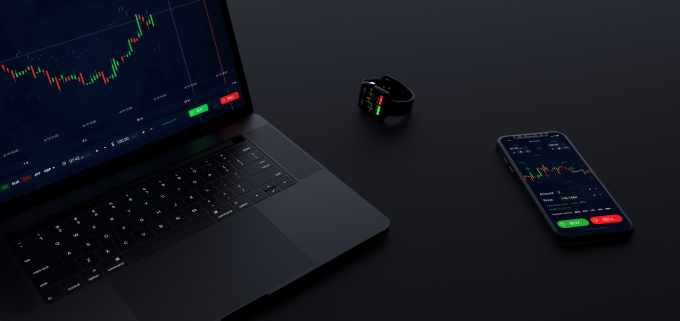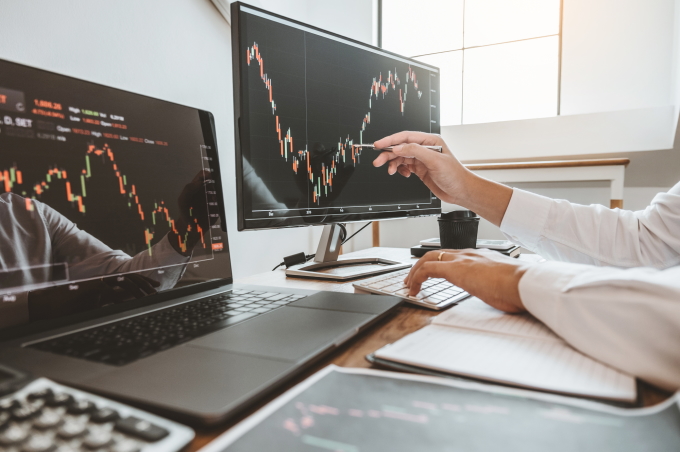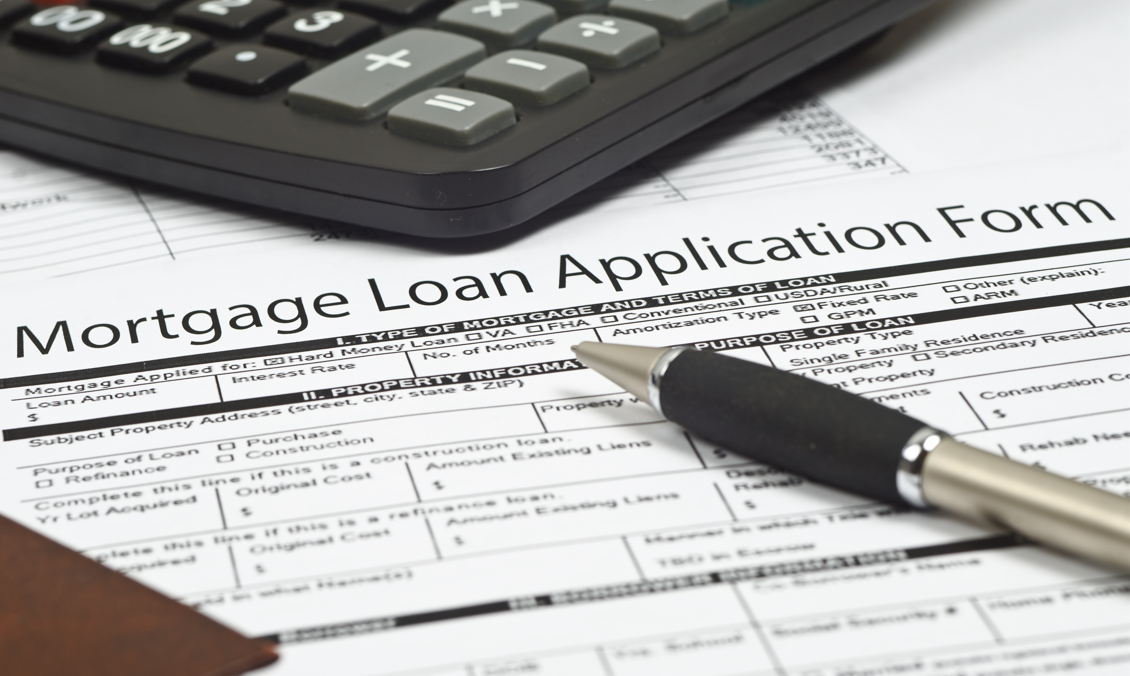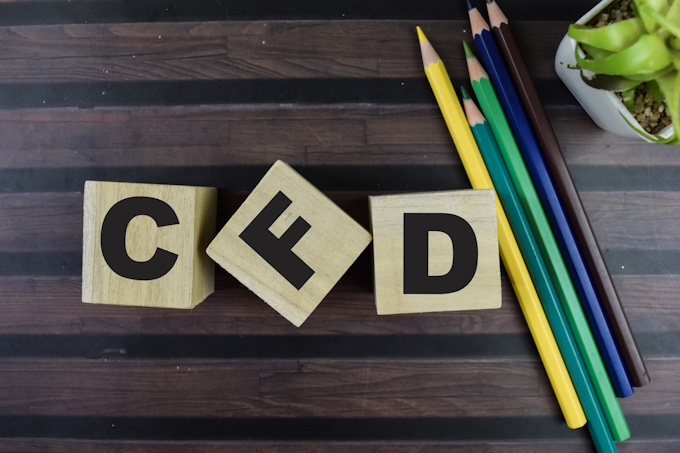How To Choose A Beginner-Friendly Forex Broker
bmotrader
Publish date: Sat, 10 Jun 2023, 10:47 AM

Are you looking to start trading forex but need help knowing where to begin? Choosing the right forex broker can be a daunting task. With so many brokers, knowing which is the best fit for your needs and goals takes time.
Fortunately, this guide will give you an overview of what to look for when researching potential brokers and how to select the right one. This article will cover topics such as evaluating trading platforms, checking regulatory compliance and security measures, assessing customer support and educational resources, and opening a demo account. Let's get started!
Step 1: Research And Shortlist Potential Brokers
Start searching for the most suitable broker by researching and narrowing down your options. Picture yourself in the driver's seat, ready to select a trusted companion who will help you navigate the markets. Before choosing a broker, look into their regulatory status, fees, and leverage available. All of these factors can have an impact on your trading experience.
Do some research online to compare different brokers and read customer reviews. Ensure any broker you're considering is registered with a regulatory agency like the Financial Conduct Authority (FCA).
Also, ensure it has reasonable fees and offers enough leverage for your needs. After shortlisting potential brokers based on these criteria, move on to step two—getting to know them better.
Step 2: Evaluate the Trading Platform
Evaluating the trading platform is crucial in your journey to becoming a successful trader, so examine it closely. Look for straightforward, reliable, and easy-to-use platforms, like the crowd-favorite MetaTrader 4 (MT4) or MetaTrader 5 (MT5).
Some essential features include charting tools, news feeds, research capabilities, order types, margin accounts, and account management tools. Be sure that the platform you choose is reliable and secure. Check for user reviews or ask friends with experience with the platform.
Furthermore, compare different platforms side-by-side to get the best deal available. Above all else, ensure you are comfortable using the platform before committing any funds.
Step 3: Check Regulatory Compliance and Security Measures
Ensure your safety and security by evaluating the regulatory compliance and security measures of the trading platform you're considering. Don't risk losing your hard-earned money.
Before deciding on a Forex Broker, double-check that they are regulated. It means the broker is approved by a financial authority in their country of operation and regularly monitored for fair practices. They should have secure authentication methods such as two-factor or biometric logins to protect data from cyber threats.
Check that the website uses encrypted connections, good anti-virus software, and firewalls to protect your private information. Having multiple layers of security safeguards is essential when dealing with sensitive financial data.
Lastly, ensure customer funds are held in segregated accounts so that even if anything happens to the broker, customer funds are retrievable.
Step 4: Assess Educational Resources and Customer Support
Having the right resources and customer support can make a huge difference in your trading experience, so assess what's available before committing to a broker. Many brokers offer educational material like webinars, forecasts, tutorials, and demo accounts. These are great for starting Forex trading as they allow you to learn from experienced traders without risking your capital.
Furthermore, look for brokers with comprehensive customer service options like phone and email support or live chat. This way, you know that if you ever get stuck or need help understanding something, you'll be able to get assistance quickly and easily.
Step 5: Open a Demo Account and Practice
Once you've evaluated your options and found the right customer support, it's time to open a demo account and start practicing. Most forex brokers provide demo accounts that allow you to trade with virtual money so that you can get used to trading without any real risk.
When selecting a forex broker for your demo account, ensure they offer all the features you need, like charting tools, news feeds, and technical analysis indicators. It's to help you practice effectively. Additionally, some brokers may restrict access to certain features or assets in their demo accounts unless you upgrade to a live account.
By using a demo account first, you'll be able to gain valuable experience before risking any of your capital on trades. It will help you familiarize yourself with different trading strategies and build confidence when opening a live account.
Be sure not to rush into opening an actual account until you feel comfortable with your chosen broker and have practiced enough on the demo platform.
Takeaway
You've researched and narrowed your options to the forex broker that best fits your needs. Now it's time to take the plunge. Open a demo account, practice with virtual funds, and see how you feel about trading in real time. Once you're comfortable with the platform, consider it again before making a real deposit.
That way, you can start taking advantage of all those market opportunities! With the right broker, you'll be well on your way to becoming a successful forex trader. Don't forget to watch for industry news that could affect your trades. Good luck!

More articles on Investment News

Created by bmotrader | Jul 30, 2024
The right home loan structure could mean a comfortable financial future. Discover how to choose the best one for you.



Created by bmotrader | May 11, 2024
Created by bmotrader | Feb 21, 2024
Finance Magnates African Summit 2024 (FMAS:24), the year’s largest professional event bridging the B2B and B2C space.
Created by bmotrader | Sep 19, 2023
Created by bmotrader | Aug 01, 2023















